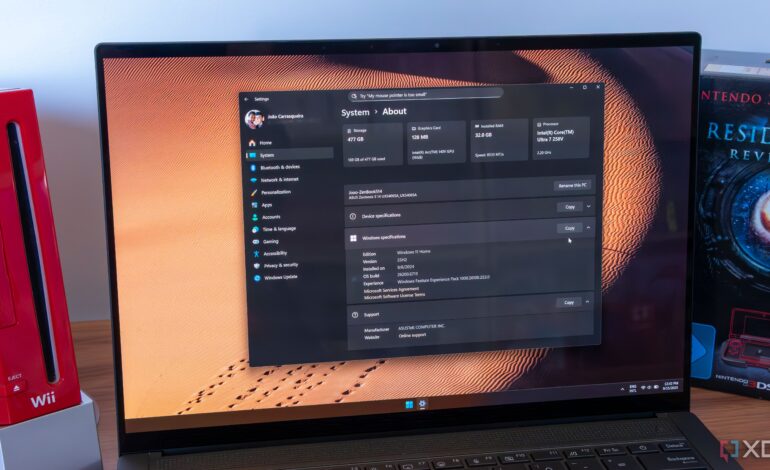Windows 11 25H2 Falls Short, Sparking Interest in Linux

Microsoft has released the 25H2 update for Windows 11, but it has not generated the excitement many anticipated. This update is more of a maintenance release than a groundbreaking overhaul, leading some users to reflect on alternative operating systems, particularly Linux. After years of incremental improvements, many users find themselves yearning for the innovation that characterized earlier versions like Windows 7.
The 25H2 update was introduced without much fanfare, as Microsoft acknowledged that this iteration would not bring significant new features. Instead, it focused on refining existing functionalities and removing outdated applications. This approach, while practical, has left many feeling that the platform lacks the dynamism it once offered. Changes that users might notice include the removal of PowerShell 2.0 and the Windows Management Instrumentation command-line (WMIC), both of which have sparked dissatisfaction among those who rely on these tools.
Shifting Focus to Copilot
While Windows 11’s updates appear lackluster, Microsoft is channeling efforts into its Copilot feature, which integrates with Microsoft 365. This pivot towards enhancing subscription services reflects a broader trend within the company, as it adapts to a market increasingly reliant on ongoing revenue from software subscriptions rather than one-time operating system sales. Frequent updates to Copilot have improved its functionality, making it a more appealing aspect of the Microsoft ecosystem.
In contrast, the Linux community thrives on innovation driven by passionate volunteers. Many users have found joy in using distributions like Fedora KDE Plasma, which offers near-daily updates. Unlike corporate entities, these non-profit developers prioritize user experience over profit margins. For example, while Fedora’s rapid updates can occasionally lead to stability issues, the ability to revert to previous versions provides users with a safety net.
For those who prefer stability over constant change, Debian Stable offers a more measured approach, providing new features every few years while maintaining regular updates for security and stability. This flexibility allows users to choose an operating system that aligns with their preferences for updates and changes.
The Future of Operating Systems
With Windows 10 nearing the end of its support in March 2024, many users may be inclined to explore alternatives like Linux. The shift away from Windows could lead to a more diverse computing landscape, encouraging users to discover the benefits of open-source software. As dissatisfaction with Windows 11’s updates grows, it serves as a reminder for some that switching to Linux has been a positive choice.
As the tech community continues to evolve, the competitive landscape between operating systems will likely inspire further innovation. Users seeking a fresh experience may find that exploring Linux distributions offers the excitement and functionality that Windows no longer provides. For those looking for alternatives, now might be the perfect time to make the switch.






